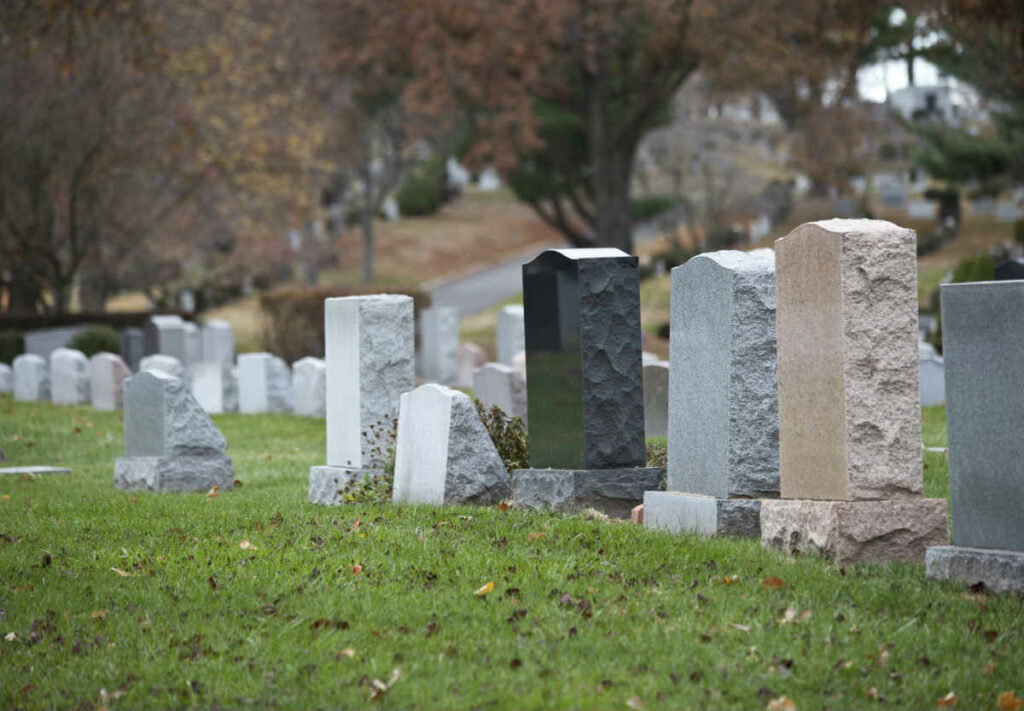Suppose a worker dies from an illness or injury related to work. In that case, the death benefits provided in the workers’ compensation policies can be used for the funeral expenses and to offer financial support to the deceased’s family.
What Are Death Benefits?
Each state has different provisions and variations. The policy will pay for related expenses as death benefits if an employee dies due to work illness or injury. Worker’s compensation death benefits may assist in:
- Covering the burial and funeral expenses
- Providing financial support to the family of the deceased
In most states, for death benefits to apply, the deceased’s death must have resulted from n injury or illness related to work. Therefore, activities will most likely not be covered by dying on the job but outside the regular work.
Workers’Compensation Survivor Benefits
It is a common requirement in many states for the deceased dependents to be provided for cash by the workers’compensation policies. The people receiving the money and the amount they get depend on the state law. A few factors to remember are such as:
There are states with certain eligibility requirements for one to receive benefits. For instance, a partner may need to marry the deceased employee to be eligible legally.
Dependents like children, spouses, and elderly live-in relatives are usually prioritized.
When no eligible dependent exists, the state may need the benefits added to the deceased’s estate.
The state will determine the workers’compensation benefits through the minimum value of the compensation benefits.
Are You Eligible For Death Benefits
The goal of the death benefits is to assist in compensating dependents for losing financial support they got from the deceased employee. The eligibility requirements vary in each state, but the benefits are commonly reserved for people related to the dead by marriage and blood. Typically, children, spouses, and close relatives depended financially on the deceased employee.
Diverse rules are used to decide the people that qualify as dependents based on the state law and their relationship to the dead employee. The presumed dependents of the death benefits are:
- The spouse, who received regular financial support from the deceased, lived with the dead during the injury.
- Children below 18 years are usually considered dependents.
- Also, older children with mental or physical disabilities that make it hard for them to earn a living are considered dependents. The children with disabilities should have either been living with the deceased or received regular support from them before the injury.
- Moreover, multiple states extend a child’s eligibility to either 25 or 21 and are enrolled in qualifying vocational or educational programs. Children above 18 should be unmarried and be in an institution.
While in most states, spouses are considered dependents regardless of their incomes, in some states, spouses earning above a certain amount may fail to qualify as dependents. They may be needed to show evidence of their financial dependence on the deceased.
Deaths That Count For Benefits
For a person to receive a death benefit, the death of the deceased must have resulted from an injury or illness from work. The death benefits are not only for when the employee dies in the workplace. It can also be if the injured workers die months from the injury. However, some states do not pay death benefits for deaths that occurred too long from when the original death happened.
The benefits are also available for the deceased employees who passed on from diseases and illnesses that resulted from the working conditions, such as exposure to dangerous chemicals. In case the dead previously had other medical conditions unrelated to work. Still, if their death was contributed by an occupational disease or work injury or accelerated their end, they may be eligible for the death benefits.
Deaths Related To Work
Common accidents, illnesses, and injuries that cause work-related deaths are:
- Slips, falls, and trips.
- Violence
- Transportation accidents
- Contact with objects and equipment
The Amount You Can Get In Death Benefits
Usually, the death benefits are paid out in regular installments. The amount of the death benefit payments is based on the percentage that the employee was earning before the death. The rate varies in each state, but it is roughly two-thirds of the wage of the deceased employee with minimum and maximum amounts.
Some states prefer a one-time lump sum payment instead of installment payments that usually sums up to two-thirds of the wages of the deceased for a particular duration of time, a period like two years. If you are in a state that offers installment payments, you can still negotiate for a lump-sum settlement.
Moreover, some states offer the same death benefits despite the number of dependents. The total death benefit will be divided between the dependent children and the surviving spouse. However, other states increase the total amount if the number of dependents increases.
The Duration That Death Benefits Lasts
If the death benefit is paid in installments, it limits the duration that the payments will be made. In most states, the spouse that survives will receive the death benefits until they remarry or their death. At the same time, children will receive death benefits till when turning 18 years or complete post-secondary education.
However, in a few states, the death benefits will stop when the specific amount has been reached or after a particular number of weeks. This is regardless of the surviving spouse’s remarriage and the children’s age.
When To File A Claim
The time limits that one is needed to file a claim for death benefits are strict. In most states, the time limit is about two years from the time of death of the deceased. However, the time limit may be shorter or longer depending on the state laws of where you reside. File for the claim of death benefits as soon as possible.

